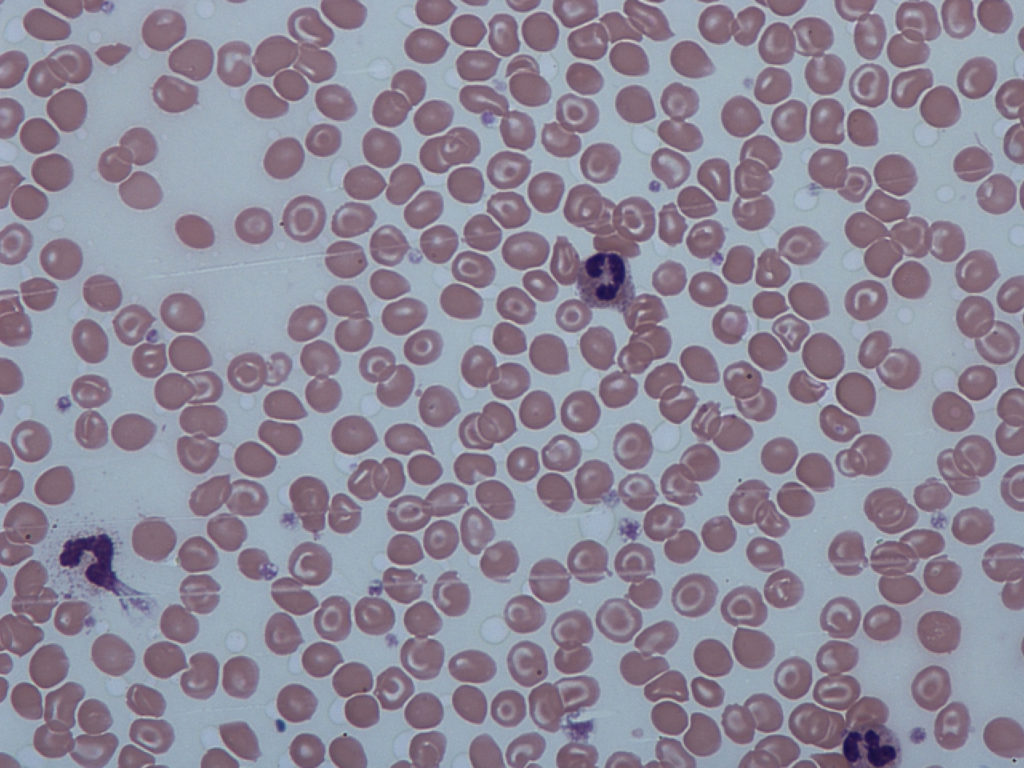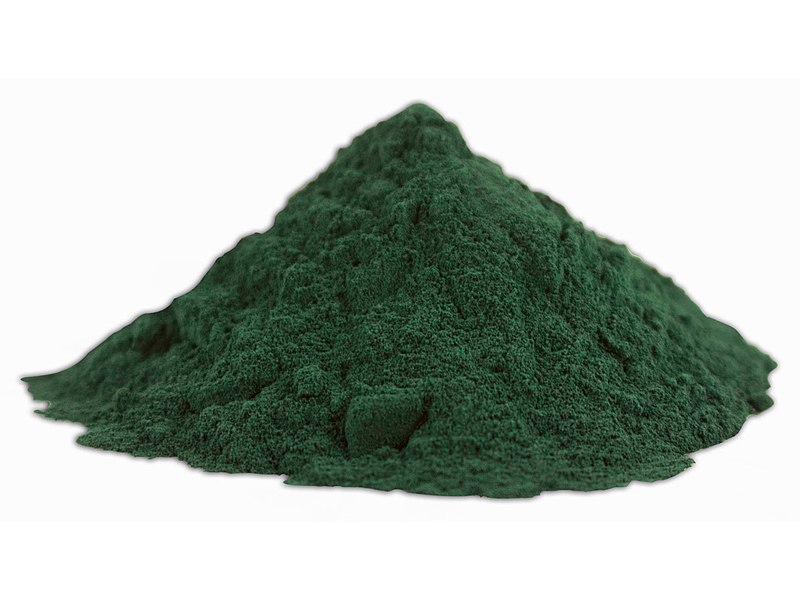7 Facts to Know How Spirulina Naturally Enhances Haematological Value
Haematological Parameters
Haematological value refers to the amount of components present in your blood. Human blood primarily constitutes of the red blood cells (RBCs), white blood cells (WBCs) as well as platelets. A healthy haematological value depicts how well the organs in your body are working. It also represents how well equipped the body really is at being able to fight diseases and infections, both common as well as chronic.
Human Blood Components & Role They Play
- The RBCs have a major role to play in the everyday, 24*7 functioning of your body. They help in sending oxygen to various organs in the body, and make them work efficiently. Haemoglobin is the protein found in RBCs that actually carries oxygen.
- The WBCs, on the other hand, equip your body to fight infections. They also help provide your immune system a good boost, thus preventing you from the side effects of several everyday problems.
- Platelets, another important blood component, are responsible for the blood clotting process. By forming clots, these prevent any excessive loss of blood in case of an external or even an internal injury.
Values & What They Signify
There is a prescribed range within which the haematological values should fall, under ideal conditions. Now, this range may vary with age as well as with gender. An abnormal haematological value, that is, anything that falls outside the prescribed range, can be a cause for concern. For example, low haemoglobin levels may indicate anaemia, blood loss, etc. A reduced platelet count might indicate the chances of thrombocytopenia, a condition that can result in haemorrhage and even death, if left untreated. A shortage of white blood cells, on the other hand, might cause an infection or a disease to grow and proliferate to the point that it may prove fatal.
Please note that abnormal haematological values might even lead to some serious health complications, including cardiovascular diseases, immune disorders and even cancer.
Spirulina for Health
Also known as a superfood of sorts, this blue green micro-algae called spirulina is gaining immense popularity in the world of healthcare, the world over. It is an excellent dietary supplement which supplements your body with a host of healthy nutrients. In fact, you can safely term it as one of the most nutrient rich foods available to mankind.
Nutrition Profile
Spirulina happens to be an excellent source of protein. Interestingly, more than 60% of this ‘miracle from the sea’ is all but protein. Now that is one good news for the vegans out there who are usually unable to include enough protein in their diet.
Besides, spirulina also contains several important carotenoids, vitamins and minerals. The presence of a compound called as Phycocyanin also packs it up with antioxidants and anti-inflammatory properties. That makes it balance out the oxidative stress in your body, and provide relief from any kind of pain and swelling. Spirulina is also good for regulating the cholesterol as well as blood pressure levels, while keeping the blood sugar in check.
Good for Blood? Indeed!
However, one of the most spectacular benefits that spirulina offers is its ability to treat the problem of anaemia. As mentioned earlier, anaemia is a serious condition which is characterised by reduced RBC and haemoglobin values in your blood. It is not only dangerous for your health, but also makes you feel weak and tired all through the day. This problem is becoming especially and increasingly common among women, children and the elderly population all over the world. Hence, it is important to find out natural and healthy means of gaining back the RBC and haemoglobin count. And in comes spirulina!
What Makes Spirulina Special?
Spirulina has the ability to naturally enhance the haematological values, in terms of number as well as size. Regular use of spirulina as a supplement especially results in an increased haemoglobin content in your blood, thus addressing the problem of anaemia. At the same time, it also increases the presence of WBCs in blood, thus giving your immune system a good boost. Spirulina consumption has been observed to be especially effective among the ageing and the elderly.
Watch Video: Ayurvedic Wonders Of Ghee (Clarified Butter)
About the Author:
Dr Sonica Krishan is Author and Speaker in the areas of Healthy and Joyous Living through Ayurveda, Meditation, Yoga and other Contemplative practices. She is a leading Ayurveda Professional in India. She is also Health Writer, Columnist, Editor, Ayurveda Consultant and Holistic Healing Coach. Dr Sonica is open for National as well as International Collaborations with interested people / institutions in fields of Ayurveda, Meditation and Yoga.
Dr Sonica Krishan’s Books are available at Amazon
Related Blogs:
Spirulina – A Health Food Par Excellence
Viral Fever Remedies At Home


